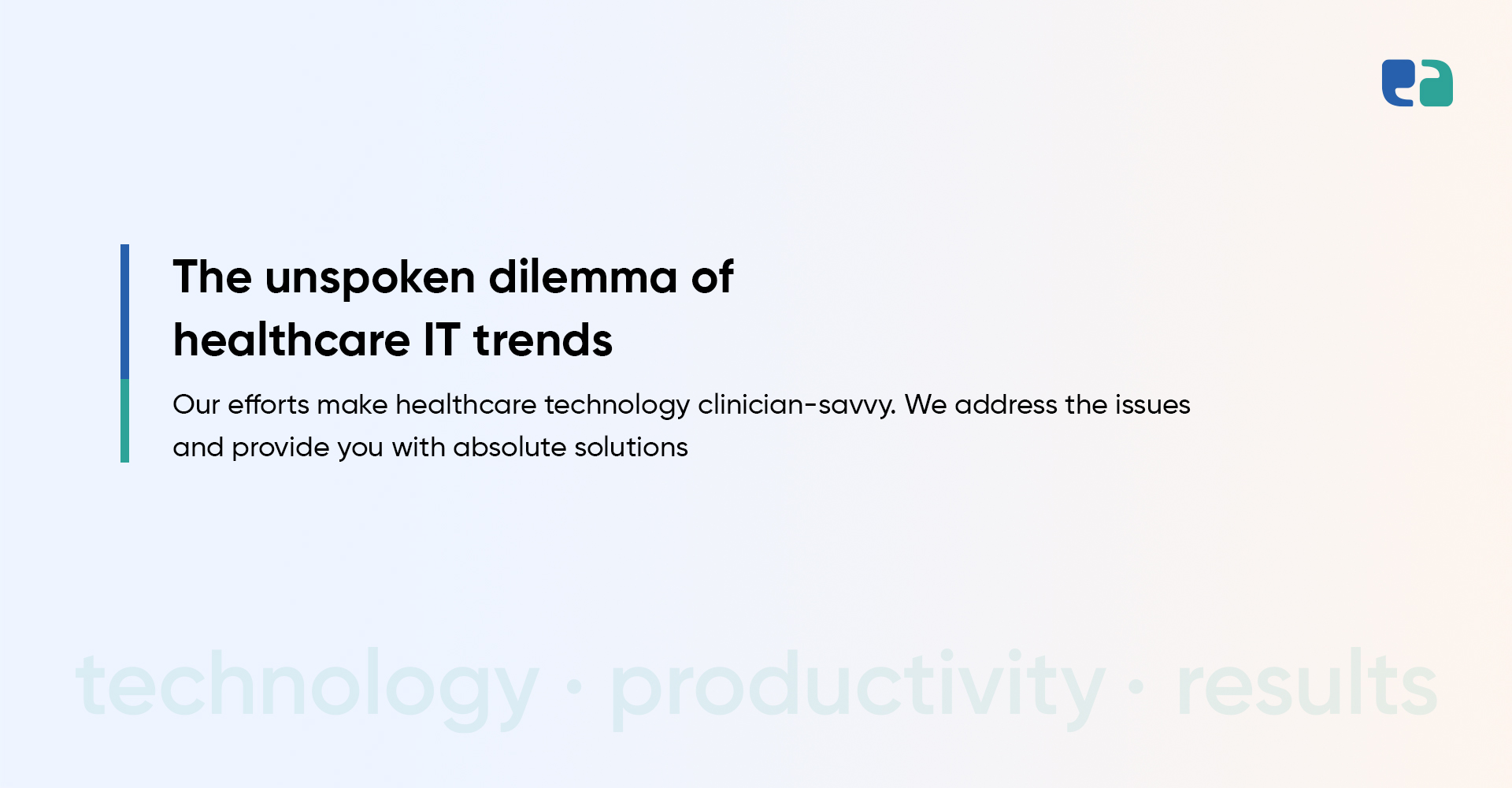The healthcare industry in the United States has experienced a massive transformation due to technological advancements.
From electronic health records (EHRs) to telemedicine and a plethora of health apps, digital innovation has exploded.
However, despite the many benefits, these technological developments also come with their fair share of challenges.
Let us understand these complex issues that doctors in the US face when it comes to adopting technology.
We will take a comprehensive look at the hurdles they encounter in the realm of health tech tools, shedding light on the multifaceted obstacles that stand in their way.
Get ready to explore the fascinating world of health tech with us!
Resolve the Challenges Faced by US Doctors with Us
These challenges are both broad and deep, including
- Interoperability concerns
- Complex user interfaces
- Security and privacy issues
- Data management dilemmas
- Financial burdens
But the good news is that we can solve these challenges.
Hence, enhance patient care and healthcare delivery in the United States.
As the healthcare landscape continues to evolve, everyone involved – healthcare professionals, technology vendors, and policymakers – needs to work together closely and find effective solutions to these challenges.
Only through collaborative efforts can we ensure that doctors can harness the power of technology to provide the highest standard of care for their patients.



